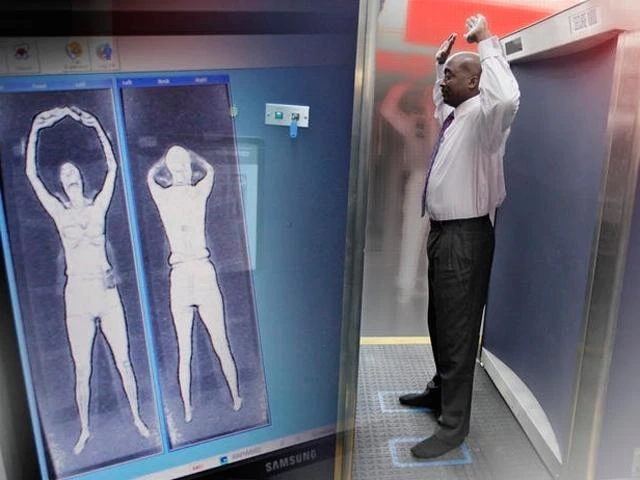The Phosphor Screen Scanner market is experiencing significant growth, thanks to emerging trends in medical and veterinary diagnostics. Phosphor screen scanners, renowned for their digital imaging capabilities, have been making a notable impact in healthcare and veterinary settings, offering exceptional diagnostic benefits.
In the medical field, phosphor screen scanners have revolutionized radiology departments. These scanners enable rapid image acquisition and retrieval, allowing healthcare professionals to promptly diagnose and treat patients. With their high-resolution capabilities, phosphor screen scanners provide detailed X-ray images, vital in detecting and monitoring various conditions, from fractures and tumors to cardiac abnormalities. The digital format of these images facilitates sharing and collaboration among medical teams, leading to more effective and comprehensive patient care.
The veterinary industry has also embraced the advantages of phosphor screen scanners in diagnostic imaging. Animals, like humans, require accurate and timely diagnoses to ensure their well-being. Phosphor screen scanners provide veterinary practitioners with clear and precise X-ray images, essential for detecting injuries, diseases, and internal issues in pets and livestock. This advanced imaging technology has improved the quality of veterinary healthcare, allowing for better treatment decisions and improved outcomes.
Furthermore, the integration of artificial intelligence (AI) and machine learning algorithms with phosphor screen scanners is an emerging trend in the market. AI-powered software can aid in automated image analysis, offering assistance to medical and veterinary professionals in identifying abnormalities and making diagnoses more efficiently. The combination of cutting-edge imaging technology and AI is enhancing the accuracy and speed of diagnostics, paving the way for more precise and personalized treatment plans.
As the demand for advanced diagnostics and innovative technologies continues to rise in the medical and veterinary sectors, the Phosphor Screen Scanner market is expected to grow at a rapid pace. Manufacturers are investing in research and development to further enhance the capabilities of these scanners, meeting the evolving needs of healthcare and veterinary professionals, and ultimately improving patient and animal care. With the potential to transform diagnostics and revolutionize medical and veterinary practices, phosphor screen scanners are at the forefront of modern healthcare and diagnostics.


